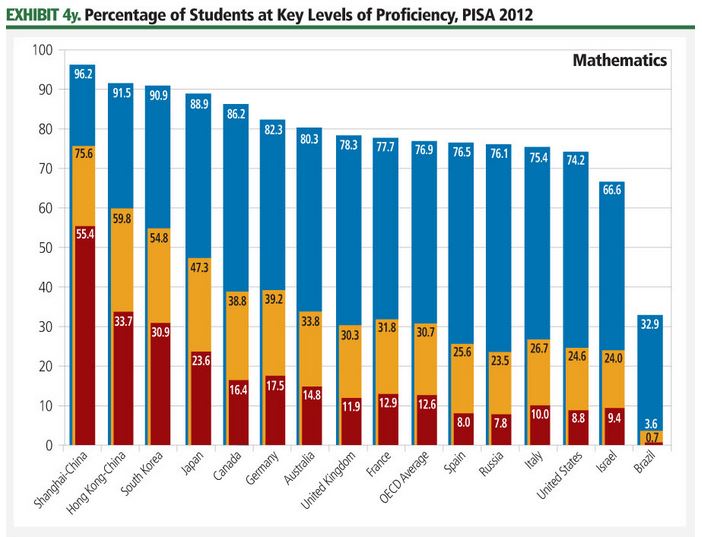Brazil
Economy: Space Economy – TSR 2015
2014 – Satellite Television
DTH television continues to be the biggest single revenue contributor in the commercial space products and services market, providing ##% of the market’s revenues in 2014, estimated at $## billion. Two U.S. DTH providers, DIRECTV and DISH Network, earned ##% of 2014’s total estimated DTH television revenues. Combined, the total revenue for the two companies increased by #%, from $## billion in 2013 to $## billion in 2014. The remaining $## billion was generated by DTH providers in other regions.
2014 – Brazilian Government Space Budget
Brazil’s burgeoning civil space program is largely executed by the Agência Especial Brasileira (AEB), whose 2014 budget was ## million reais (US$## million). The Ministério da Ciência, Tecnologia e Inovação (MCTI) also has a space budget, which in 2014 was ## million reais (US$## million). Overall, Brazil’s space budget totaled ## million reais (US$## million). The National Institute for Space Research has responsibility for the development of satellites and the applications thereof, particularly observation of the Earth and its atmosphere.
2014 – Government Space Budgets Overview
On a global level, government investment in space increased #% to $## billion. Because not all governments operate under the same fiscal cycle, space spending numbers were derived from the most recent budgetary information available for each country. As in previous years, the growth was not uniform, with some countries reducing the funding available for space activity, as shown below. The figures reported in the following country profiles are presented in both the local currency and U.S. dollars as of June 30 of the appropriate year.
Economy: Space Economy – TSR 2014
2013 – Government Space Budgets Overview
Government space programs accounted for approximately $## billion in spending during 2013, representing ##% of the global space economy. Government investment in space decreased by ##% in 2013, contributing to a cumulative average annual growth rate of ##% between 2009 and 2013. The top-line figures, however, do not fully depict how some countries have significantly increased space spending while others have made cuts, as shown in Exhibit 2n. Because not all governments operate under the same fiscal cycle, international space spending numbers were derived from the most recent budgetary information available for each country. The figures reported in the following country profiles are presented in both the local currency and U.S. dollars as of June 30 of the appropriate year.
2013 – Brazilian Spaceports
In 2003, Brazil made an agreement with the government of Ukraine to bring a modernized version of the Soviet-era Cyclone rocket to its Alcântara Launch Center. This would couple the proven reliability of the Ukrainian launch vehicle with the advantageous equatorial location of Alcântara to offer highly competitive prices to commercial clients.
2013 – Satellite Communications
Estimated 2013 revenue for the satellite communications segment reached $## billion, #% higher than the $## billion identified in 2012. The market is composed of satellite operators, which own satellites and lease the transmission capacity of these satellites to private and government clients in need of transmission capability. Traditionally, these satellites were used to transmit voice and television signals. As technology has developed to allow…
2013 – Brazilian Government Space Budget
Brazil’s 2013 Federal Budget authorized ## million reais (US$## million) in funding for civil space activities. This represents a decrease of ##% from the implemented budget for civil space activities in 2012. The Brazilian space agency, Agência Espacial Brasileira (AEB), received an authorized funding level of ## million reais (US$## million) in 2013. The Ministério da Ciência, Tecnologia e Inovação, the AEB’s parent organization, received an additional authorization of ## million reais (US$## million) intended to support the joint Brazil-Ukraine Alcântara Cyclone Space (ACS) launch vehicle development program.
2013 – PISA


Trends in international primary and secondary STEM education can be compared across countries using two widely respected international exams. The Programme for International Student Assessment (PISA), carried out by the Organisation for Economic Co-operation and Development (OECD) every three years, focuses on the capabilities of 15-year-old students in mathematics and science literacy.